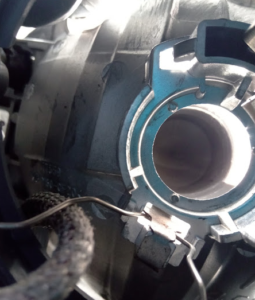 So I’ve been thinking about this for a while now. Operation Aurora was an attack on Google and a number of other companies and it is believed that it was a Chinese state sponsored attack. This was publicly disclosed by Google on January 12, 2010.
So I’ve been thinking about this for a while now. Operation Aurora was an attack on Google and a number of other companies and it is believed that it was a Chinese state sponsored attack. This was publicly disclosed by Google on January 12, 2010.
If we look at a basic time line
Sundar Pichai started at Google in 2004.
Listen to Sundar Pichai’s comment when asked by Congress (around or on, July 30 2020).
“Do you believe that the Chinese government steals technology from US companies”?
His response…
“I have no first hand knowledge of information stolen from Google”.
That blog post with the disclosure was written on January 12, 2010. As a tech person I remember hearing about it – it was all over the place, surely he read this as well?
If we look at the original disclosure from Google we find the words
“we detected a highly sophisticated and targeted attack on our corporate infrastructure originating from China that resulted in the theft of intellectual property from Google” (bold text by me).
On a personal level I’m sort of amazed that he got away with this answer (you know CEO of Google and all that) but may be the politicians should have been more specific, better informed, or may be Mr Pichai … {feel free to fill in this blank}?
So there you have it – what do you think
Did Sundar Pichai lie to Congress, or just use weasel words?
Related links
Wikipedia article
Sundar Pichai https://en.wikipedia.org/wiki/Sundar_Pichai
Original Google Disclouser
https://googleblog.blogspot.com/2010/01/new-approach-to-china.html
Operation Aurora
https://en.wikipedia.org/wiki/Operation_Aurora
Tech giants face grilling by Congress | ABC News
https://googleblog.blogspot.com/2010/01/new-approach-to-china.html


